How The Universe Makes A Writer

I survived my childhood, my addiction, my suicidal depressions, and my many mistakes that hurt others because I finally realized I could not make it alone.
I asked for help. I took suggestions. I made amends. I am still making amends.
I may be wrong, but it seems true in my experience that anyone can start over at any time.
My childhood had some great moments, but unfortunately, or fortunately for the writer in me, not many.
My father hardly spoke to me and did not seem to like me. To be fair, there were incongruous moments of fatherly affection such as packing my school lunch and leaving a scribbled joke inside. But his infrequent gestures of love only confused me, because he belted me severely and often at the request of my mother. She would suddenly say to me, wait until your father gets home, and I would be filled with a desperate terror. When he walked in the door, she described my misbehavior as an intentionally evil act I did not recognize.
I know now she was ill with narcissism and depression due to secret terrors she survived as a deaf girl growing up isolated on a small farm and then surviving high school with no accommodations for her lack of hearing.
The summer before her high school senior year she worked at a cosmetic counter in a department store on Stockton's Miracle Mile. It was there she learned she was beautiful and how to present herself. For the rest of her life, perfecting her appearance and being the center of attention were her primary goals. At 18 she married my 32-year-old father who was just back from WWII. I was born when she was 19.
The circumstances of her life made her what she was and I forgive her, but she never should have had children. I was the oldest sibling with two brothers and a sister and all of us were only ornaments in her life. In my opinion, all of us suffered for her.
I was a four-grader in Saint Bernadette's Elementary when my father packed some of my clothes in a cardboard box and drove me to my grandmother's boarding house in downtown Stockton one block from the excitement of skid row. My mother asked him to do this because she was pregnant with my sister and not feeling well. She did not want me around but kept my two brothers with her.
This painful abandonment changed me forever and it was also a gift.
The next morning, my father showed up at 5:00 am at the boarding house, gave me my lunch in a brown paper bag with my name on it, gave me a quarter and a dime for bus fare back, and walked me three-quarters of a mile to the metro bus stop just off Weber in downtown Stockton.
When the right bus came, my father pushed me up the stairs, dropped a quarter and a dime into the rattling fare box, and told the bus driver where I needed to go. The driver tore a piece of thin paper out of a book he called a transfer and gave it to me. He told me he would let me know where I had to get off to catch the bus that went near St. Bernadette's school.
I wore the Catholic schoolboy uniform: salt and pepper corduroy pants, black dress shoes, a white collared shirt, and a navy blue V-neck sweater. The bus ride was the first time I heard the term "catlicker". An older kid called me that on the bus. I didn't even know the guy was talking to me until the bus driver yelled, "Leave the kid alone."
After forty minutes of stopping and starting, he told me to get off the bus. I had no idea where I was, did not recognize the neighborhood. He gave me the number and the name of the bus to get on. He told me to hand the driver my transfer paper. I got off the bus rigid with fear and could not remember what he said. I stopped every bus, asked every driver if his bus was the one that went to St. Bernadette's. I was a 9-year-old nuisance.
Finally, the driver of one of the buses I stopped told me his bus went to a corner near Saint Bernadette's, but when I got on, I could not find the paper transfer in any of my pockets. It seemed the tissue paper transfer melted in my sweaty hands. The driver scolded me, but let me on the bus because he knew I had to get to school. I felt grateful for his mercy.
When I say I felt grateful, I mean my face reddened and tears came to my eyes.
After a half-hour of stopping and starting, the bus driver yelled that my stop was coming up. When he stopped, I walked all the way to the front of the bus to get off, even though the side door in the back of the bus hissed and slammed open. On the sidewalk, I saw other kids in the uniform walking toward St. Bernadette's wire-fenced playground, but I did not want to leave the corner because I had to ride the bus back to my grandmother's after the last bell. I wasn't sure I could remember the street corner where I stood. It felt monumental that after school I would have to take the entire bus trip again in reverse.
These hour-long bus trips to school, and a few other incidents, did something strange to me. I made sure I had a book to read when I got on the bus. I hid my face in books, became a voracious reader, and later became what I call a "walker". The walking thing is on my list of things to write about.
THE WRITING STARTS
In the 5th grade, I wrote song lyrics. Then poems. Then fictional news stories about aliens and space travel for current event presentations. The nun must have known I was making stuff up, but didn't seem to care.
In the 6th grade, I wrote, and re-wrote in ballpoint on lined paper, ridiculously serious short stories imitating Ian Fleming, Ed McBain, and other spy and crime novelists. I wrote a few comedy shorts imitating Erma Bombeck and Herb Caen's columns in the San Francisco Chronicle.
In a weirdly complimentary administrative act, I was accused by a nun of plagiarizing a short story I wrote and asked not to matriculate into the 7th grade after summer vacation. A soft expulsion. My mother, both funny hysterical and not so funny hysterical, intervened. The nun let me back in, but regularly kept me after school and made sure I endured humiliation, and physical and mental abuse. I could give you many examples, but my favorite example was the hot afternoon she made me take off my white shirt and roll back and forth on the dirty linoleum floor in my T-shirt under the blackboards for an hour. After she dismissed me she said, "At least the floor is clean." My first literary critic.
THE WALKING BEGINS
I lived both on the west side of Stockton, California in a small ranch-style home and downtown in my grandmother's two-story pre-war boarding house. The downtown had multiple elementary schools with kids my age hanging around. There was a diverse mix of day field workers, bar women, gamblers, drinkers, students in various uniforms, and a diverse variety of races and ethnic groups. I helped my father and uncle in their business of servicing cigarette machines and jukeboxes in and around skid row, so I became very familiar with the area.
I was young when corrupt politicians used federal money to land grab 9 blocks of my downtown neighborhood in the name of Urban Renewal. James Baldwin called it "Negro Removal". In Stockton, they tried to remove the very races and cultures that made Stockton unique, tried to wipe them off the map. This violent time is the subject of my current work-in-progress.
I became an obsessive walker around this time. I would come home from school, change into black jeans and a dress shirt, leave whatever house I was staying in at the time, and walk for miles wearing out black dress shoes. I have no idea why or what I was looking for, but I saw plenty. I would tell people what I saw on my walks, but most of the time, no one believed me.
I was in the 7th grade when I was beaten and kidnapped by a very drunk older teenager not far from St. Bernadette's. He dragged me into what would now be called a homeless camp. He finally got too drunk to hit me and I ran. When I told my parents, they did not believe me.
When I say they did not believe me, I mean they accused me of lying and said I must have beat my own face black and blue. If I used that in a fictional story, readers would say I was being melodramatic.
In the summer before my sophomore year of high school, I worked at a lumber mill and box factory. I made enough money to buy a car and the walking stopped.
MUSIC AND A LITTLE DRINK
In high school, I wrote poems, experimental short stories, and political plays with light-show multi-media. I still have great friends from that time in my life, though one said, "You kind of kept everyone at arm's length." In my defense, if I let you any closer you'd smell the alcohol.
I had unlimited access to beer and wine. I knew exactly when to pull up at a small store near the railroad tracks south of my grandmother's house. When I had money, and I could always get money from friends to buy them booze, I pulled up to the store, opened the trunk of my 1957 Chrysler New Yorker, and filled it with gallons of red wine and cases of beer. You could say I was an independent distributor.
I was still writing lyrics occasionally and I became a live music fan. I attended every live performance of the 1968 and 1969 summer series at Fillmore West, and nearly every winter weekend show. I could get to the Fillmore in less than an hour from downtown Stockton. I had a secret and safe parking spot two blocks away from the venue.
It was a miracle I was allowed into Saint Mary's College with my poor grades, but on the recommendation of one of my high school teachers, Sister Mary David, somehow I got in. I was a conditional, work-scholarship student. I worked 20 hours a week for the college to pay my tuition. I was one of a group of students from all over the world tied to this schedule. We had to work summers there. We called ourselves The Third World Maintenance Crew.
My reading changed: major British authors, SF beat poets, Kenneth Patchen, Robert Hass, James Tate, Gary Synder, and more.
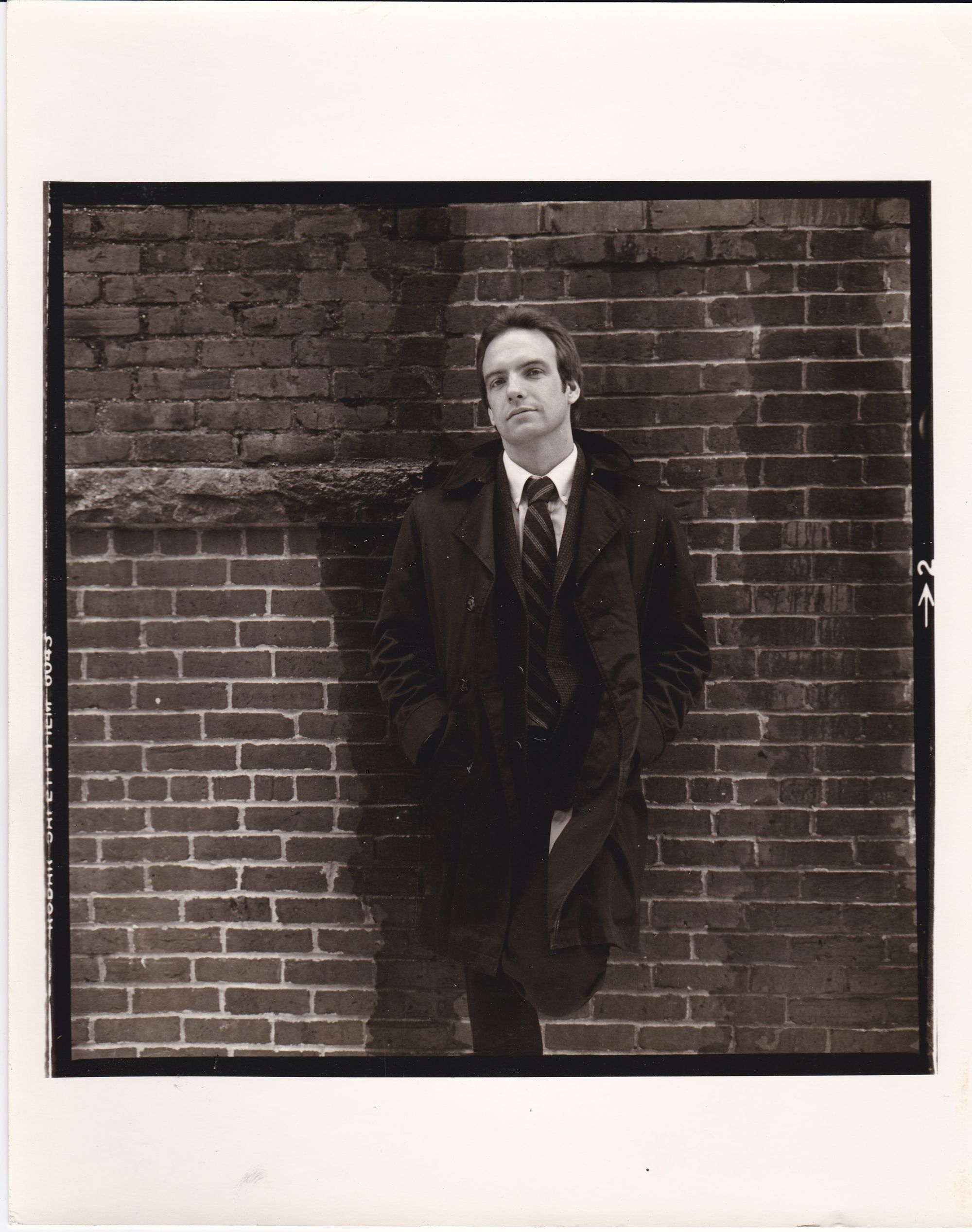
I was intent on documenting the wild people around me and I wrote a novella, thankfully lost, that Ferlinghetti rejected with the note, "This should be published." Who knows what he meant by that. I read my poems and short prose pieces at what today would be called Slam Poetry events.
I studied under Robert Hass and he brought a number of astounding poets to the college such as James Tate and Charles Simic. Hass won the Yale Younger Poet Award while I was there. I had stories accepted at SF State's Literary Magazine, my college's literary mag, and I wrote non-fiction in the college newspaper. Hass recommended I try to get in the Iowa Workshop. I submitted the novella and got in.
It was at Iowa that I committed to writing daily. It has been a struggle at times to keep at it, but if I don't do it, I don't feel right. If I miss more than 3 days in a row, I am a mess.
MORE DRINKING
At this point, I was drinking heavily, using stimulants to keep drinking heavily, using other drugs, and suffering from what I now know is Seasonal Affective Disorder which, in my case, attacks as fierce winter depression. During breaks from the program, I would drive back to San Francisco and try to gather my wits.
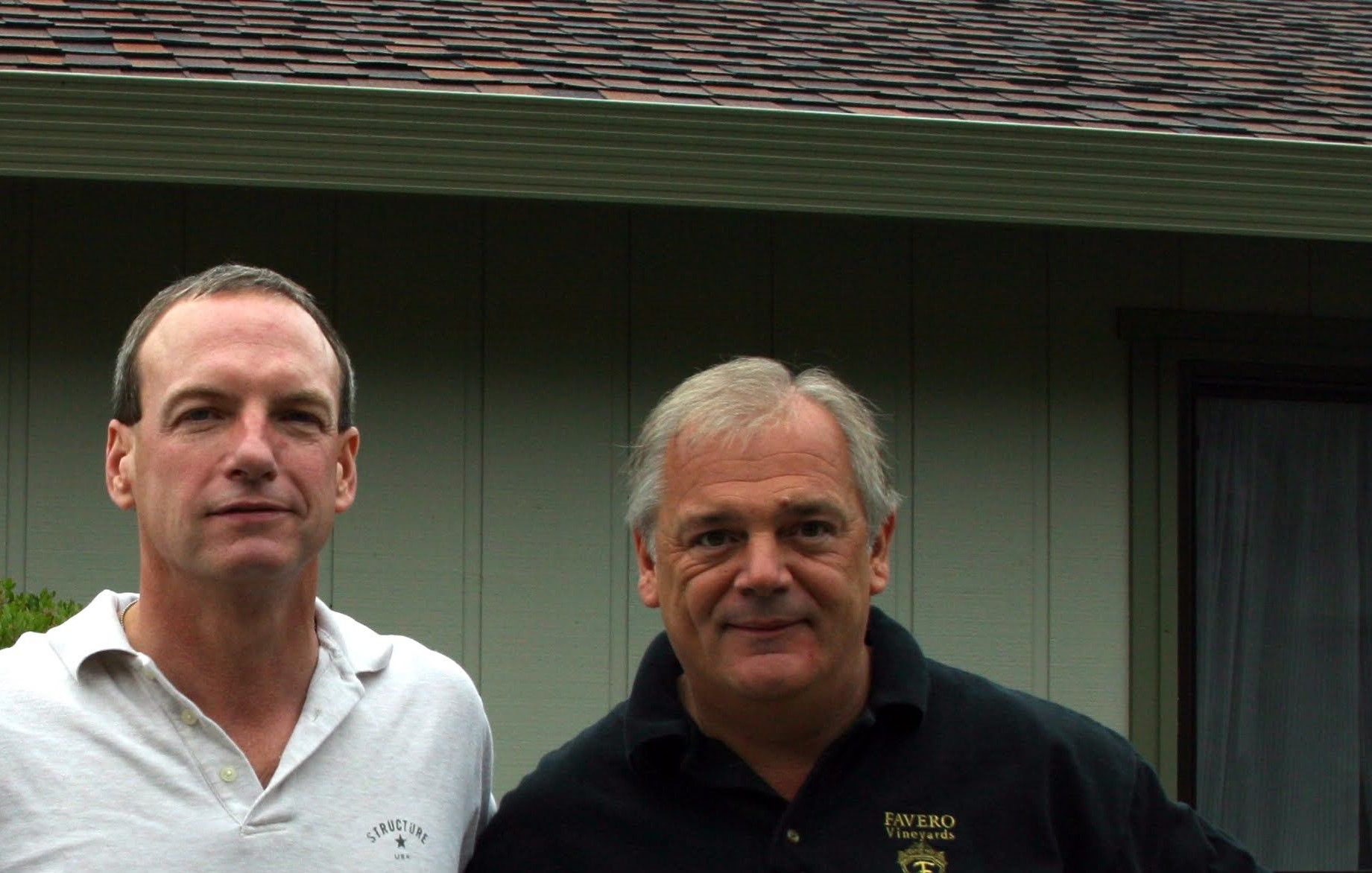
At Iowa, I studied under John Irving, Stanley Elkin, Jack Leggett, Sandra McPherson, and other notable fiction writers and poets. I became good friends with many peers who went on to win national writing awards. I am not sure they would appreciate my mentioning them here.
I drank with Frederick Exley, John Cheever, and Raymond Carver. I was awarded a Teaching Writing Assistantship and taught Rhetoric. Ray and I became good friends and we drove from Iowa to SF in a ragtop 1965 Malibu on a road trip that was beyond scary. We both should have been in a hospital.
I married. I tried to get an advanced degree at the University of Pacific.
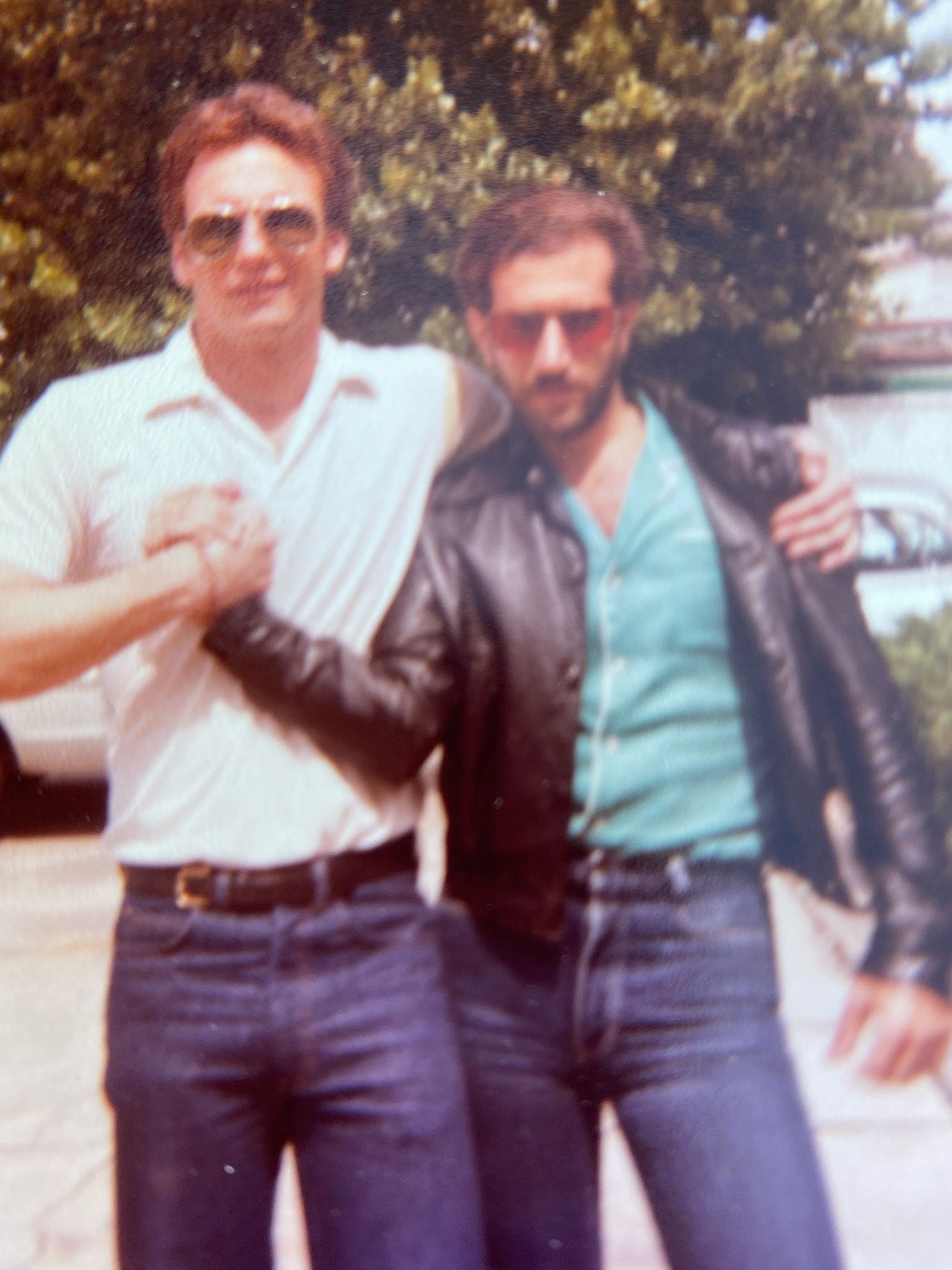
They pretty much walked me out of the graduate program at UOP. I took a job selling institutional groceries driving a route up and down the San Joaquin Valley. I am ashamed to say I was drinking and driving.
The drinking and substance abuse was so bad at this point that I was unable to write much of anything. I kept trying, though.
A baby girl was born to us who died on New Years Eve 1977. My long-suffering wife had enough and asked me to leave the house. In November of 1978, I put a loaded shotgun in my mouth but did not pull the trigger out of concern for my young step-daughter. I went into a blackout that night walking around my room drinking more and carrying the loaded shotgun. I somehow did not hurt anyone or kill myself, and I finally sought help on November 24, 1978, and thank the universe, I have never relapsed.
RECOVERY
I hurt a lot of people due to my addiction and I am still trying to make amends. It was the self-help community that saved me and I have stayed active in 12-step programs since then. If it works, don't mess with it.
Six months sober, the daily writing came back. It felt like a second chance.
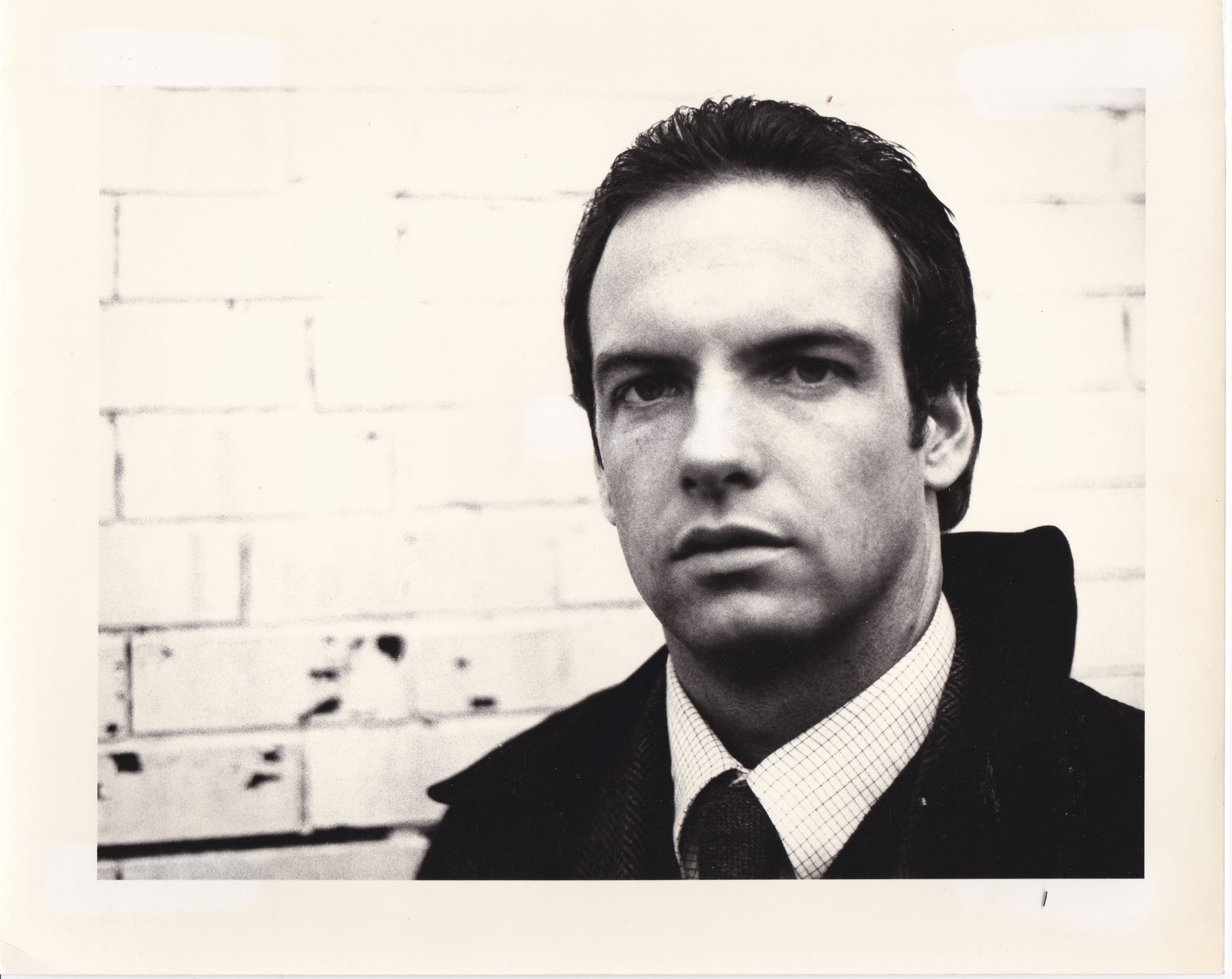
Suddenly sober, divorced, and in early recovery, I traveled with, worked with, and wrote about migrant farmworkers. I documented the lives of aging "Arkie" and "Oakie" (their own terms) families who used migrant farm work as a rolling family reunion. I was challenged to a boxing match the first week I traveled with them. I guess the main goal was to give me a black eye. I made sure I didn't get one or give one either. After that, I was accepted.
In Oregon, I traveled with a group of Mexican migrant workers who feared for their lives until they were safe in the next farmer's designated camp. It was during this time that my own ethnic heritage as a 3rd generation Basque and Irish immigrant became clearer. There was a good reason my father forbid the speaking of Spanish in our house and reasons why he worked hard on his English pronunciation. He was fair-skinned and blue-eyed, but growing up in a Spanish-speaking household gave him an accent. He was sure that accent cost him dearly.
I came to Maine to visit my Iowa classmate the artist and polymath Dennis Gilbert. I decided to stay. He has been a lifelong friend and has been there through some dark times. No one makes it alone.
So I added to my already crazy work history a warehouse job distributing books, magazines, and the NYT Sunday Edition.
CRAZY WORK HISTORY
California: mowing lawns, landscaping at my high school while a student, maintenance worker for USPS while a high school student, sorting in the cutting room in a lumber mill for two summers while a high school student, unloading trucks at Weinstock's one college summer, driving a truck for the USPS two college summers, washing dishes at my college while a student, paid student body officer, and booking bands.
Iowa: bartending, and teaching Rhetoric at the University of Iowa as a TA.
Back in California: selling institutional groceries in the San Joaquin Valley, teaching writing as an adjunct, and picking fruit as I traveled north to Canada where I worked one summer re-fitting farm equipment for auction.
Maine: working at the above-mentioned warehouse distributing books, security guard while a graduate student, screenwriter for Konner-Rosenthal Productions commuting from Maine to L.A., substance abuse counselor, founding executive director of prevention non-profit, served in various positions in a fortune 500 bank, director of a non-profit grassroots organization, director of a non-profit workforce development agency, and substance abuse counselor in a locked psychiatric unit.
These jobs, and their related insurances, enabled me to provide for my two sons. I would do it all again for them.
I have a rich and full family life. I am so grateful for that.
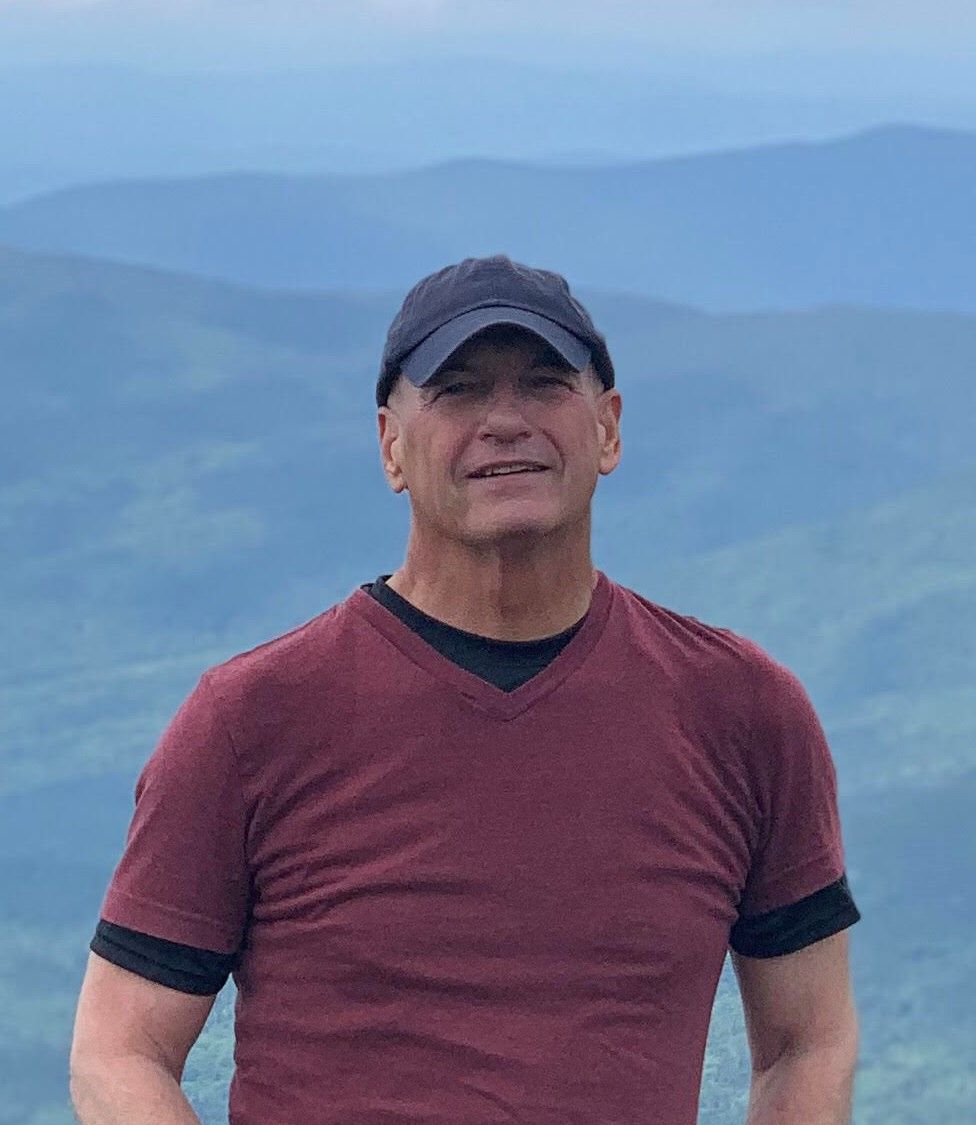
WRITING FULL TIME
This is my job. I live simply and work 6 days a week. I deeply appreciate the support I receive from family and friends. No one makes it alone.
Whatever your dreams, whatever feelings inside of you are pushing to get out, don't hold back. Express yourself in ways that work for you. Get it out there. If you need some help, ask for that. It's always a matter of life or death.
You are not alone.
(Please take a moment to subscribe. Book, music, & screen reviews & interviews, & fiction are in play monthly at dandomench.com --a forever free secure site with the highest standards of privacy available. Your free login is your email and name--the only information the site retains. Your participation is not public. You are never tracked or your email shared. Please contribute if you can. Your payment information is never stored here. Add this website to your address book so we can stay in touch. You can contact me at dandomench@gmail.com, on Twitter @DomenchDan, or on Goodreads. I will respond as quickly as possible. Thank you!)
